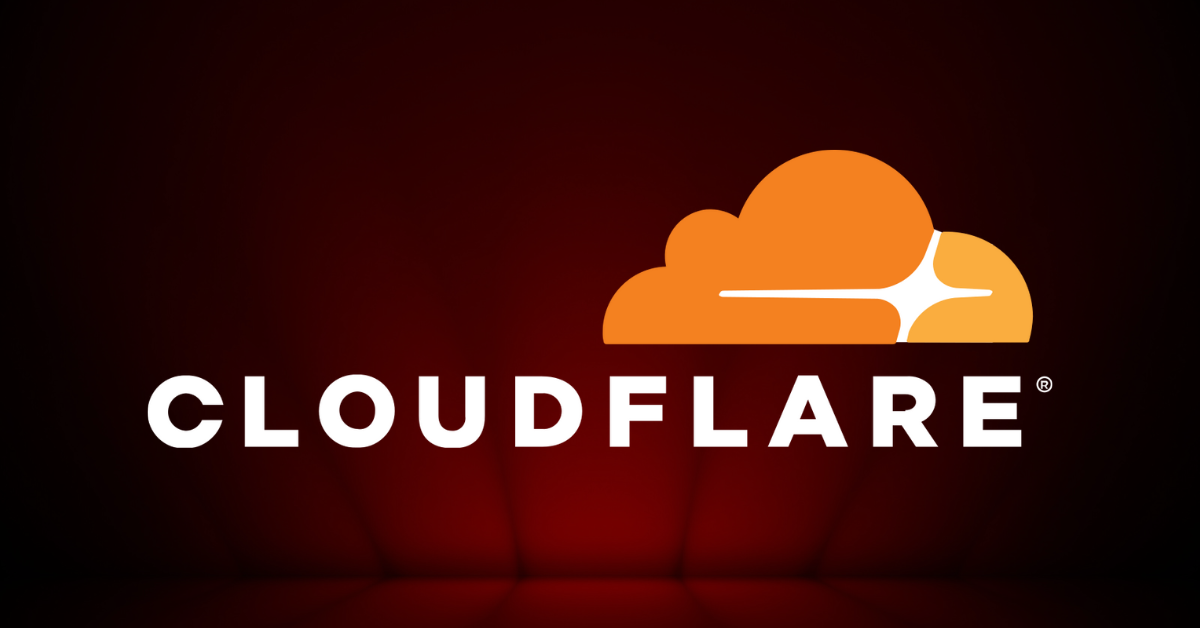Key Takeaways
- Cloudflare, a major provider of internet network services, experienced an “internal service degradation” that led to a significant outage, disrupting access to the front end of multiple key crypto and social media websites.
- Affected platforms included major names like Coinbase, Blockchain.com, Ledger, and X (formerly Twitter), temporarily preventing users from accessing their services.
- The outage’s root cause was identified as a configuration file designed to manage threat traffic that grew beyond its expected size, triggering a crash in the system handling Cloudflare’s traffic.
Centralized Service Degradation Sparks Internet-Wide Outage
The entire internet basically took a sick day on Tuesday, all because Cloudflare—the giant that protects and speeds up millions of websites—had an “internal service degradation.” The failure instantly chopped off access to the front door of countless sites, with the crypto world and popular social media channels taking the biggest hit.
Cloudflare confirmed the mess and by 11:48 am UTC claimed the fix was in, saying they felt the issue “is now resolved.” But during the peak outage, users were locked out of their accounts, facing “500 Internal Server Error” pages instead of their dashboards. The list of victims was a who’s who of digital finance: big exchanges like Coinbase, Crypto.com, Kraken, and BitMEX, key data providers like DefiLlama, and even services like Ledger and Arbiscan.
When major platforms like X and Truth Social also go down, it hammers home a painful truth: the whole digital economy is dangerously reliant on a single, centralized point of failure.
Root Cause Identified: Configuration File Crash
Cloudflare eventually came clean about what went wrong. A spokesperson confirmed the outage was triggered by a configuration file, the one used to automatically manage threat traffic, that simply “grew beyond an expected size.” This file got so big it caused the software system handling many of Cloudflare’s core services to crash.
Although many services like Kraken and Reddit either bounced back fast or weren’t fully hit, this whole incident is a loud and clear alarm bell about the hidden vulnerabilities that run deep beneath our digital world.
Crypto’s Continued Reliance on Centralized Infrastructure
Here’s the ultimate irony: blockchain’s entire reason for existing is to be decentralized and kill the single point of failure. But this Cloudflare crash proves that if you can’t access the app, the perfect decentralized blockchain below is useless. Because Cloudflare is such a massive intermediary, your ability to trade or use a DApp is still completely at the mercy of one company’s bad day.
This isn’t the first time, either. It’s a painful reminder of the AWS outage last month that took down Coinbase and MetaMask for hours. As crypto grows, these centralized bottlenecks, whether it’s hosting, DNS, or network security, are critical risks that constantly chip away at the revolutionary promise of a fully decentralized internet.
Final Thoughts
The Cloudflare outage was a major wake-up call for the digital world. It didn’t just knock out major crypto sites; it showed us the central irony of our space. Crypto is built on decentralization, but your ability to actually use it is still completely reliant on a tiny handful of centralized internet companies. That massive contradiction is a persistent security failure and a huge access risk that the ecosystem hasn’t solved yet.
Frequently Asked Questions
Which major crypto platforms were affected by the outage?
The outage affected the front end of major platforms including Coinbase, Blockchain.com, Ledger, and BitMEX.
What caused the Cloudflare outage?
The root cause was a configuration file that grew too large, which caused the software system managing Cloudflare’s traffic to crash.
Why is this a concern for the crypto industry?
It highlights the industry’s continued vulnerability to centralized infrastructure (single points of failure) despite the core philosophy of decentralization.






